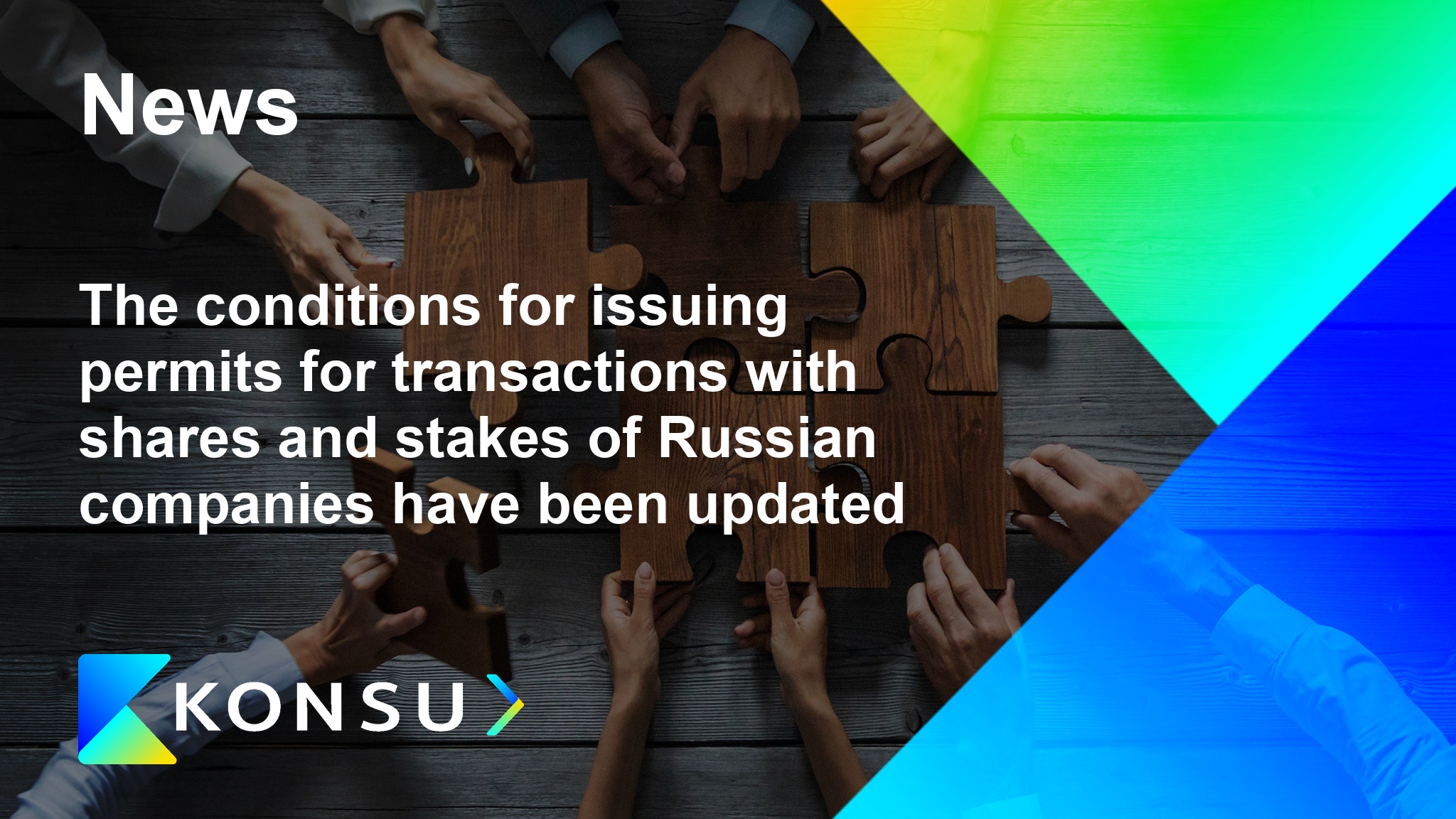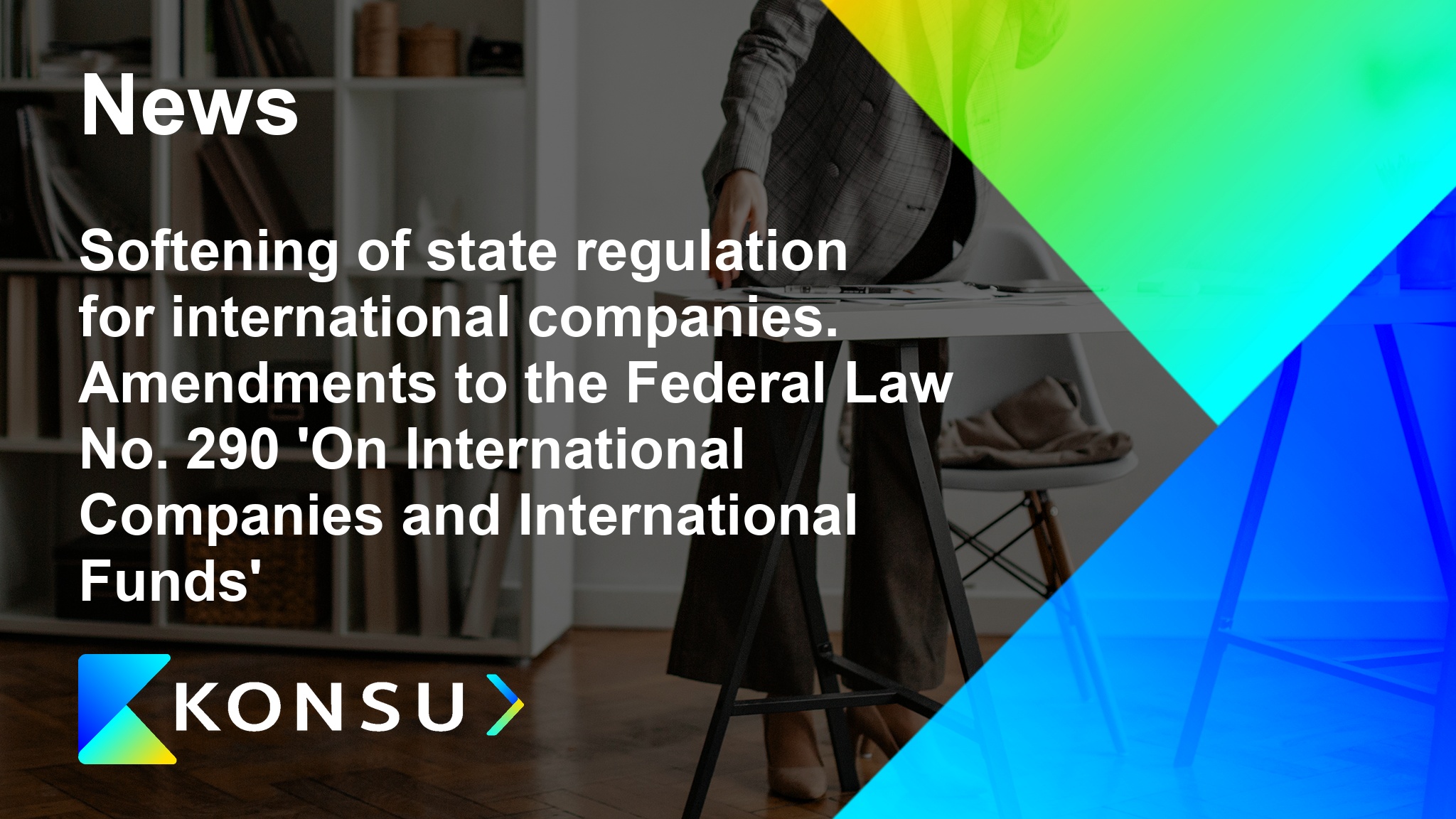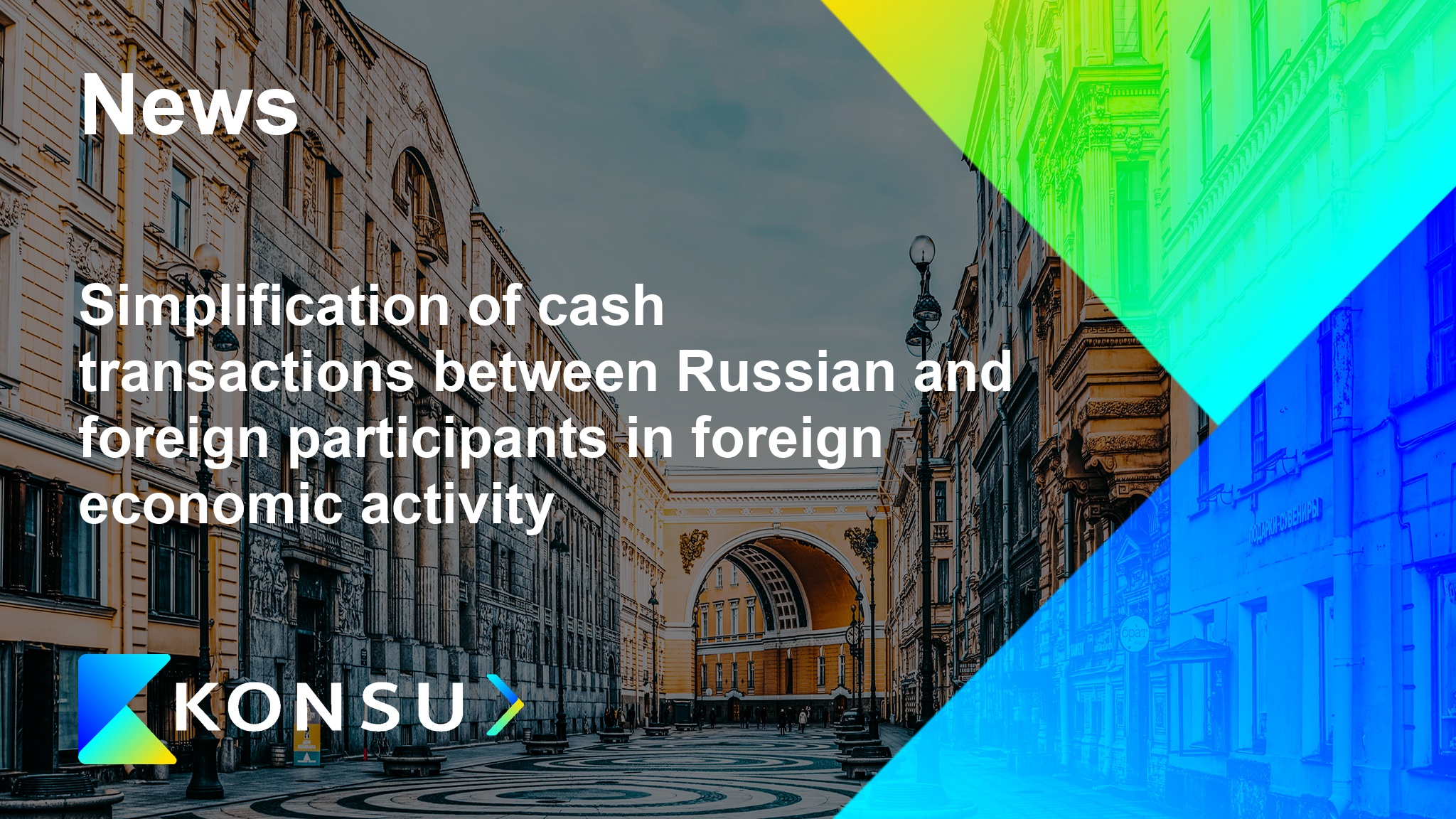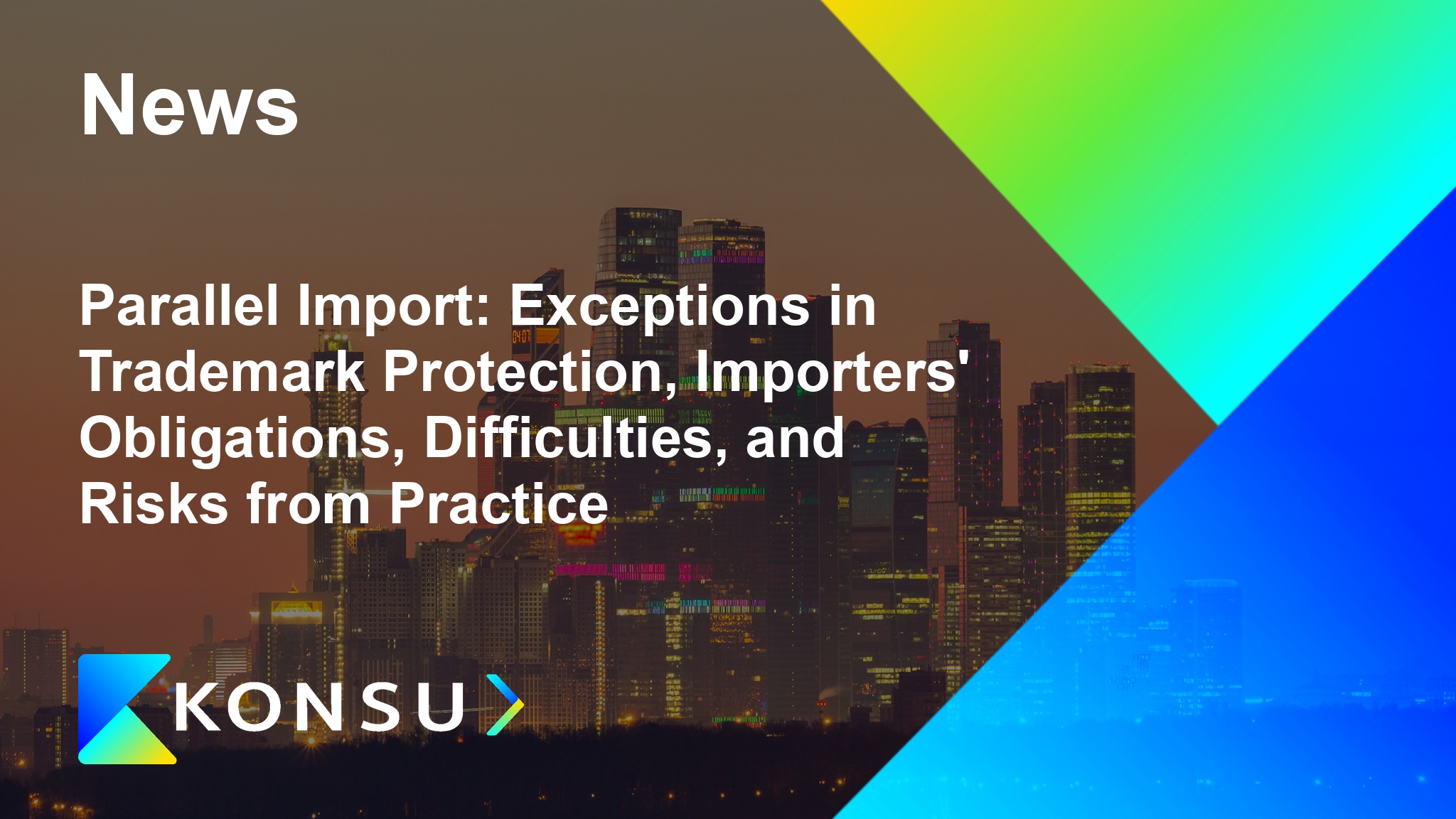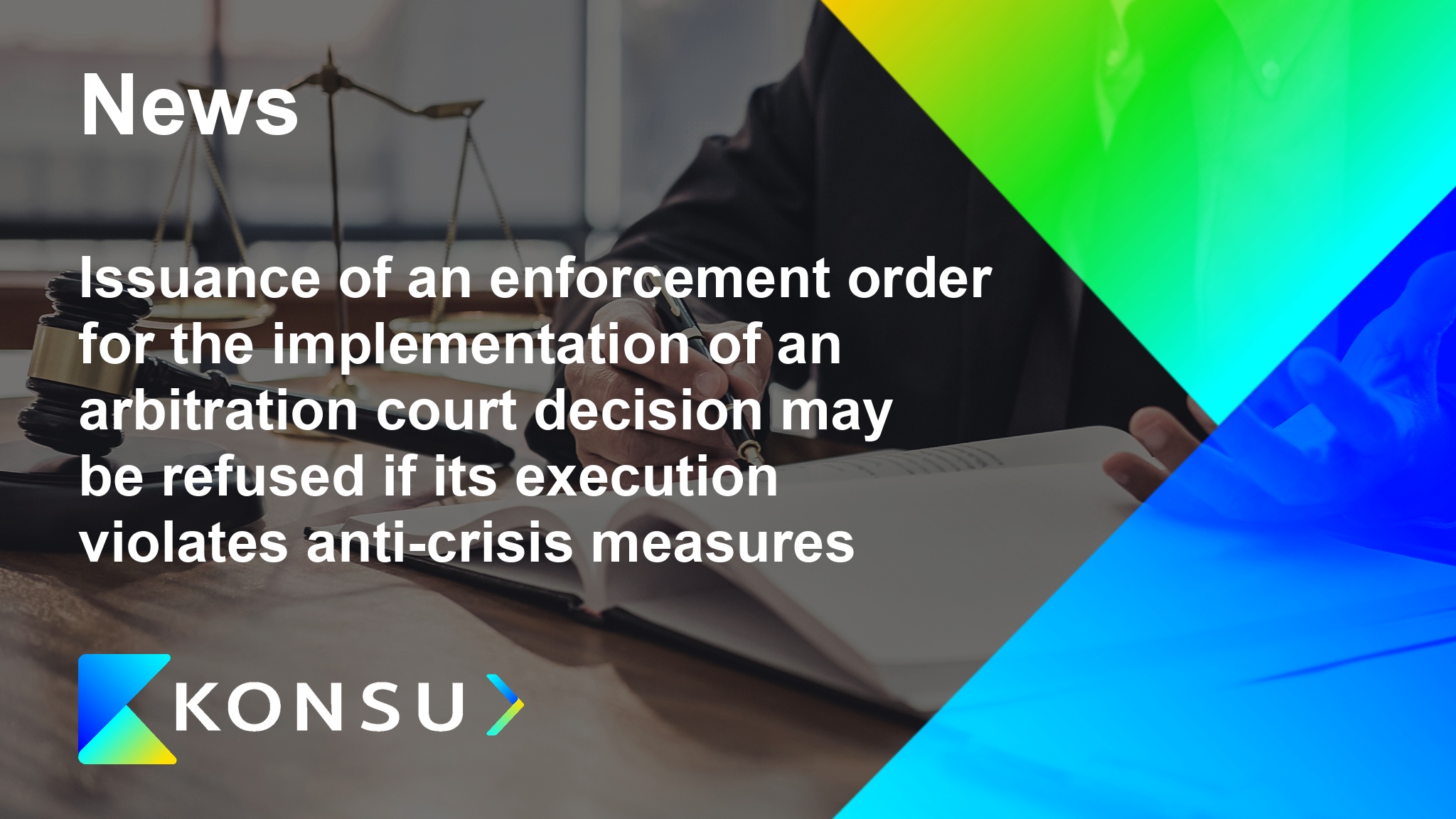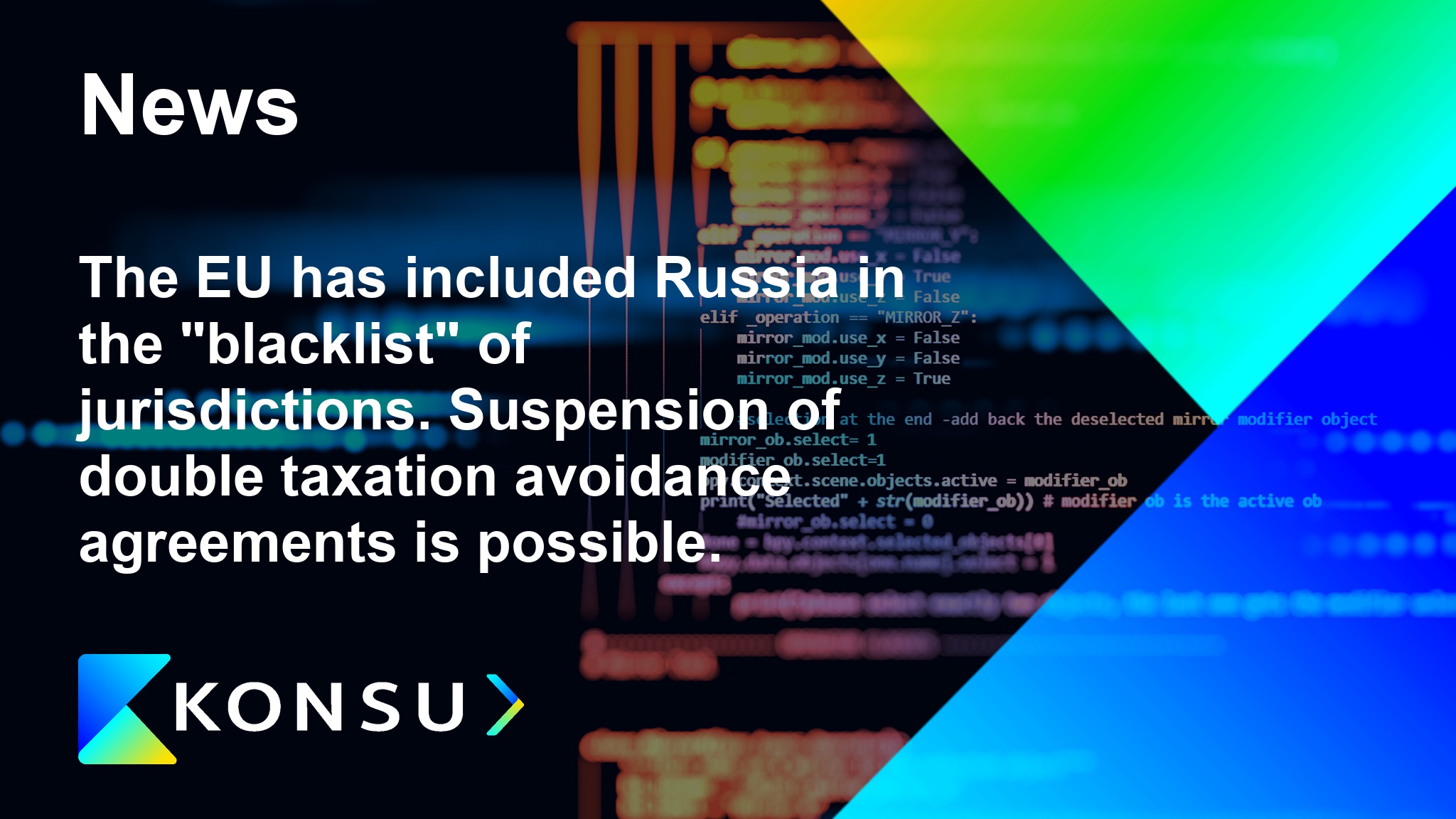New application form for authorizations for transactions with non-residents and increased payments to the budget
On October 16, 2023, the official website of the Ministry of Finance published a new form required for submitting applications to the Government Commission for the issuance of permits for transactions with non-residents, the subject of which are stakes in Russian business entities.
Read more
The government commission has updated the list of conditions for issuing permits to foreigners from unfriendly states to engage in transactions with shares and stakes of Russian companies
The Ministry of Finance of Russia has published an excerpt from the decision of the subcommittee of the Government Commission on Control over Foreign Investments in the Russian Federation dated July 7, 2023, No. 171/5, which updates the list of conditions for issuing permits to foreign nationals from unfriendly states to conduct transactions involving the sale of shares and stakes in Russian companies.
Softening of state regulation for international companies. Amendments to the Federal Law No. 290 'On International Companies and International Funds'
From April 14, 2023, a bill has been submitted to the State Duma proposing new provisions regarding the activities of international companies. Against the backdrop of sanctions imposed on the Russian Federation by unfriendly countries, the bill aims to adjust the provisions of the existing Federal Law No. 290 "On International Companies and International Funds" (hereinafter referred to as the Law) in terms of easing and softening the state regulation of international organizations.Read more
Paying dividends, selling shares and real estate by owners and shareholders from the states recognized by Russian authorities as unfriendly
Liability of Russian banks towards clients for the blocking of funds by foreign intermediary banks
The imposition of sanctions by foreign countries against Russian banks has led to the inability of these banks to fulfill their obligations to clients regarding cross-border transfers of funds in foreign currency.
Read more
Simplification of cash transactions between Russian and foreign participants in foreign economic activity
The Ministry of Finance has prepared a draft resolution aimed at providing residents with the opportunity to receive cash from non-residents under export contracts as advance payments, as well as the right for residents to choose the authorized bank for the sale of foreign currency with subsequent crediting not only in Russian currency, but also in other foreign currencies.
Read more
Parallel Import: Exceptions in Trademark Protection, Importers' Obligations, Difficulties, and Risks from Practice
Most enterprises during their activities encounter designations that individualize the goods of legal entities or individual entrepreneurs, known as trademarks.Read more
Administrative liability for non-compliance with anti-crisis measures
According to the proposal of the Ministry of Finance, from January 1, 2024, it is planned to start monitoring how companies comply with anti-crisis measures in the financial sector and establish responsibility for violations in this area. It is expected that control will be entrusted to the Federal Tax Service, the Federal Customs Service and the Central Bank, and they will be empowered to request information from the control subjects.
It is planned that the amount of fines will be tied to the amount of the transaction carried out in violation of anti-crisis measures (20-40%), however, for officials, the maximum amount of the fine will be 30,000 rubles.
For transactions (operations) that do not have a monetary value, fines for officials may amount to 40-50 thousand rubles, and for legal entities - from 800 thousand to 1 million rubles.
Issuance of an enforcement order for the implementation of an arbitration court decision may be refused if its execution violates anti-crisis measures
As follows from the court's conclusions stated in the Resolution of the Central District Arbitration Court dated February 27, 2023 in case No. A14-13590/2022, anti-crisis measures related to obligations to foreign persons are part of the public order of the Russian Federation.
Read more
The EU has included Russia in the "blacklist" of jurisdictions, suspension of double taxation avoidance agreements is possible
On February 14, 2023, the Council of the European Union ("EU Council") released a press release stating that Russia has been included in the "blacklist" of non-cooperative jurisdictions for tax purposes. According to EU authorities, Russia is not striving to resolve issues related to a special regime for international companies in special administrative regions to meet the criteria of effective tax management of the European Union.Read more

